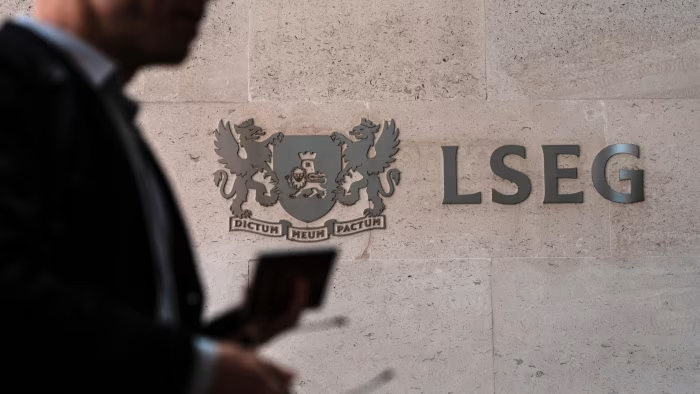Stay informed with free updates
Simply sign up to the Investments myFT Digest — delivered directly to your inbox.
The London Stock Exchange Group’s primary business is no longer being a stock market. The largest portion of its revenue now comes from data and analytics.
In the past few years, it has partnered with Microsoft and started pitching itself as an artificial intelligence business. As a result, in the summer, its valuation rose to technology company levels, with its price reaching 28 times next year’s earnings. However, since then, it has gone through a correction with its shares falling 25 per cent.
This sell-off was a reassessment of previously high expectations, rather than a reaction to poor performance. The business recently delivered strong half-year results. In the six months to June, its group income rose 6.8 per cent year-on-year, with all its divisions performing well. Volatility helped its markets revenue increase by 11 per cent, but this is expected to normalise in the next period. Meanwhile, data and analytics, which makes up more than 40 per cent of the business, grew by 5.1 per cent. Yet some are concerned that LSEG’s workflow products, which sit within the data unit, might be vulnerable to the rise of AI.
The derating has been seen as a buying opportunity by one of its insiders. Last week, chief financial officer Michel-Alain Proch purchased £387,000 worth of shares.
In the medium term, LSEG expects organic revenue growth to be in the mid single digits. It is also guiding for the adjusted operating margin to expand from its already high 49.5 per cent. Proch clearly has confidence it will deliver.
